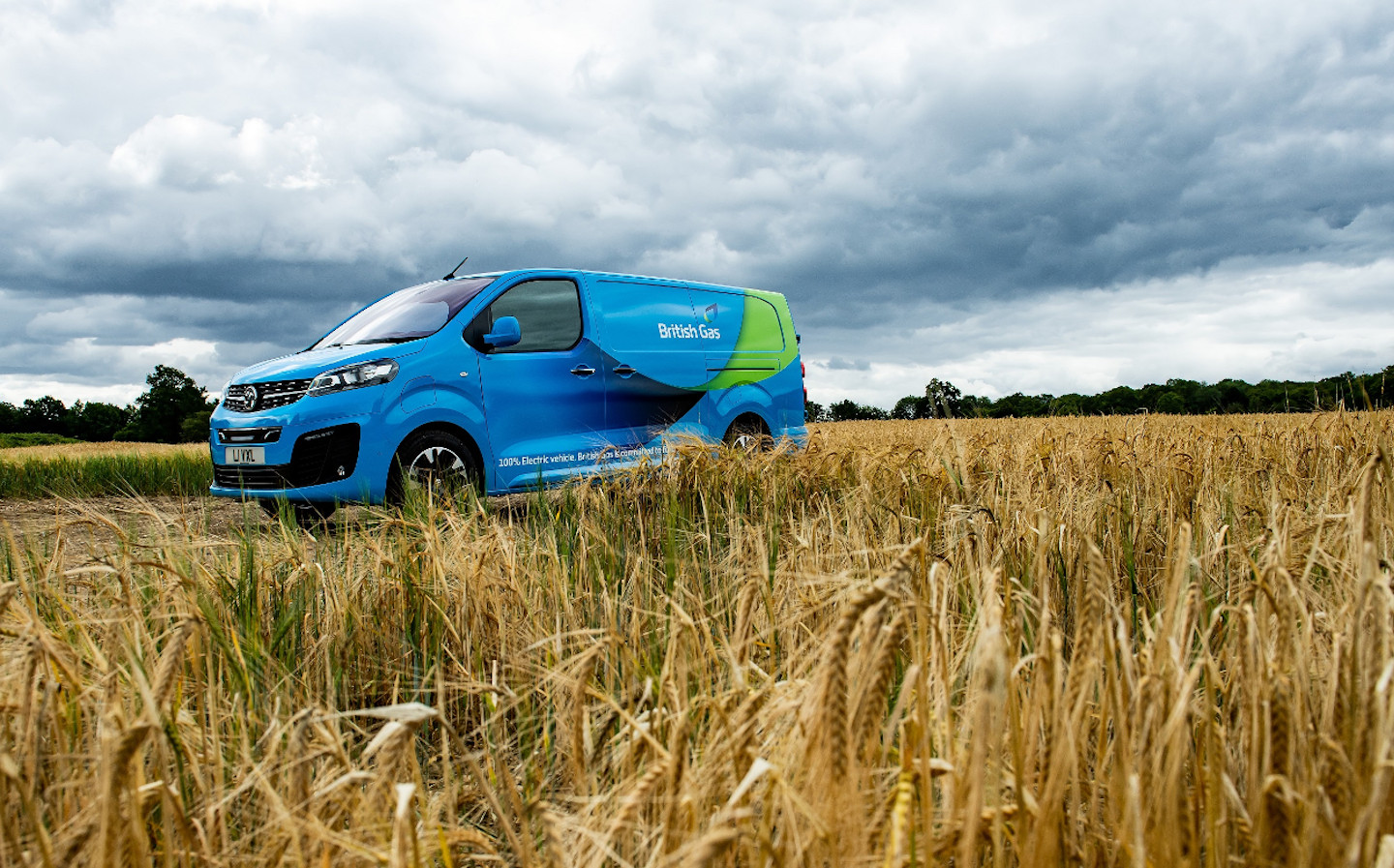British Gas orders 1,000 electric vans
Company hopes to have entirely electric fleet by 2030
ENERGY provider British Gas has announced that it has ordered 1,000 pure-electric Vauxhall vans, as part of its plans to electrify its entire fleet by 2030.
The company claims that it is the largest pure electric commercial fleet of vehicles in the UK.
Centrica, the owner of British Gas, has the third largest fleet of vans in the UK — around 12,000 — of which only 35 are currently pure-electric.
The vans are Vauxhall Vivaro-e models, and will be made in France, where the PSA group that owns the marque is based. The Vivaro-e releases this month, with two sizes of lithium-ion battery available: a 75kWh version that provides an impressive 205 miles of range on the WLTP cycle, or a smaller 50kWh option with 143 miles of range.
This, says Vauxhall, means “that multi-drop deliveries around large towns and cities on a single charge will become a reality for British business users”.
A payload of 1,275kg (only 130kg less than the van’s diesel counterparts) means that British Gas workers can still carry around all the tools they need to fix your boiler or check your meter, while a recharge time on the smaller 50kWh version of 80% in half an hour means that customers shouldn’t be stuck without central heating for too long, waiting for a callout.
While the vans will be made across the channel for now, Vauxhall and British Gas have both said they hope to manufacture subsequent fleet orders of the Vivaro-e in the UK. Diesel models of the Vivaro have been made in Luton as well as France, but manufacturing operations have to be altered to create pure-electric versions.
The delivery of British Gas’s current order should be delivered over the next 12 months, meaning 9% of its fleet will be pure-electric by the next summer. The company also said in a press release that it would consider investing in Vauxhall’s Combo-e vans when they go on sale in at that time.
The electric vans will be distributed on a volunteer basis but British Gas said it would try to target areas where lowering emissions is most important.
The announcement comes at the same time as the Royal Mail began trials of extended-range electric vans in cities across the UK, including Birmingham, Derby, Leeds, Edinburgh and Bristol. The VN5, made by the London Electric Vehicle Company (LEVC), is based on the TX London taxi. They’re not pure-electric, as they feature a 1.5-litre three-cylinder petrol engine that work as a generator when the battery levels gets low. LEVC claims says they have an electric range of 58 miles, and a total range of 300 miles before you need to plug in or refill with petrol.
Paul Gatti, fleet director at Royal Mail said, according to the Evening Standard: “We are committed to making changes to our operations that reduce our environmental impact, whilst ensuring we continue to meet customer expectations.”
The trials come amid the company’s decision to axe 2,000 jobs, due to the adverse effect of the coronavirus on its operations. They also come only a couple of weeks after The Times reported that the government is considering a new levy on home deliveries, with scientists saying that the accessibility of next day and free delivery had led to a culture of over ordering.
Tweet to @KieranAhuja Follow @KieranAhuja
Pollution concerns could spell end of free deliveries by van





